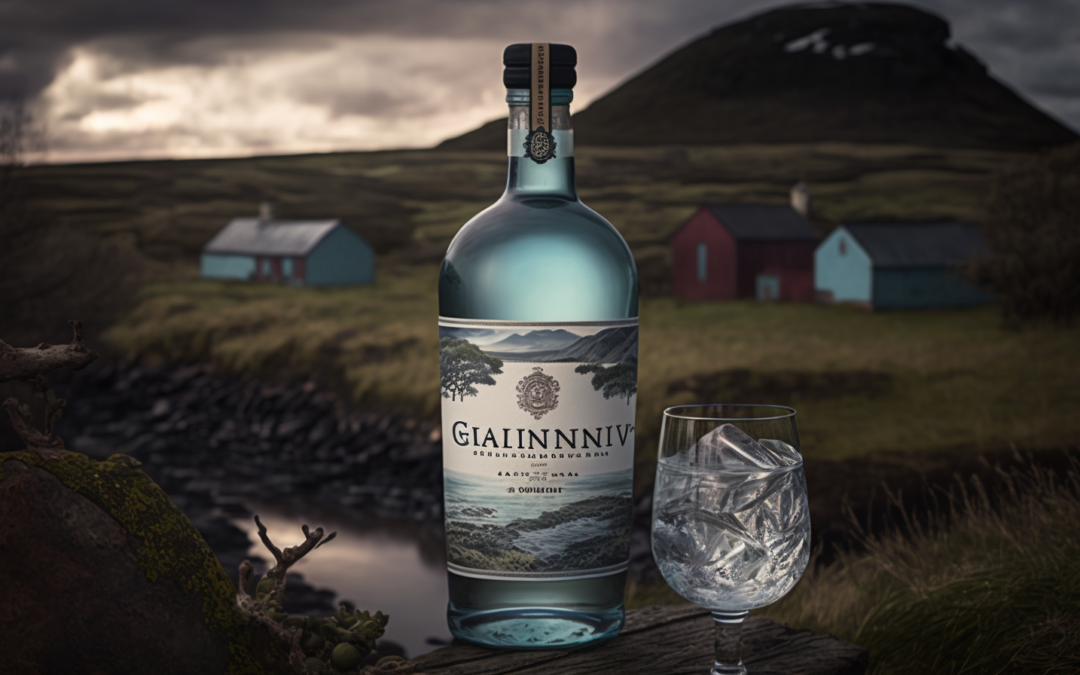Yes, Iceland is known for producing exceptional gin. Icelandic gin is a relatively new addition to the gin world, but it has already garnered a reputation for being unique and high-quality. In this article, we will explore what makes Icelandic gin so special and why it is worth trying.
To understand what makes Icelandic gin exceptional, we first need to understand what gin is and how it is made. Gin is a spirit that is primarily flavored with juniper berries. To make gin, a neutral spirit is infused with a variety of botanicals, including juniper, coriander, citrus peel, and other herbs and spices. The botanicals are steeped in the spirit for a period of time to extract their flavors and aromas, resulting in a complex and layered spirit.
Icelandic gin is unique in that it often incorporates local botanicals that are native to Iceland’s rugged landscape. These botanicals include Arctic thyme, Icelandic moss, birch leaves, and sea kelp, among others. The use of these unique botanicals gives Icelandic gin a distinct flavor profile that cannot be found in gins from other parts of the world.
Another factor that contributes to the exceptional quality of Icelandic gin is the use of pure Icelandic water. Iceland is known for having some of the purest water in the world, thanks to its abundant glaciers and natural filtration system. This pure water is used to dilute the gin after it has been distilled, resulting in a smooth and clean finish.
The distillation process itself also plays a crucial role in creating high-quality Icelandic gin. Most Icelandic gins are made using traditional copper pot stills, which allow for a slow and gentle distillation process. This slower process helps to preserve the delicate flavors and aromas of the botanicals, resulting in a more nuanced and complex spirit.
One of the most well-known Icelandic gins is Reyka, which is produced in the town of Borgarnes, located on Iceland’s west coast. Reyka is made using a unique distillation process that utilizes a rare Carter-Head still, which allows for the botanicals to be infused in the spirit without actually coming into contact with the alcohol. This results in a cleaner and more refined gin, with a subtle juniper flavor and notes of citrus and herbs.
Another popular Icelandic gin is Vor, which is produced in the town of Hafnarfjörður, located just south of Reykjavik. Vor is made using a blend of Icelandic juniper, crowberries, and angelica root, along with other botanicals such as lemon peel, coriander, and cardamom. The result is a smooth and balanced gin, with a slightly sweet and floral flavor profile.
Finally, we cannot talk about Icelandic gin without mentioning the country’s unique climate and landscape. Iceland is known for its harsh and unforgiving climate, with long, dark winters and short, bright summers. This climate can be challenging for growing crops and other botanicals, but it also creates a unique environment that produces some of the most resilient and flavorful plants in the world. The rugged volcanic landscape also plays a role in the flavor of Icelandic gin, as the minerals in the soil can add subtle notes of earthiness and minerality to the finished spirit.
In conclusion, Iceland is a country that is quickly gaining recognition for its exceptional gin. The use of unique, locally-sourced botanicals, pure Icelandic water, traditional distillation methods, and the country’s harsh and rugged climate all contribute to the distinct flavor profile of Icelandic gin. Whether you are a gin enthusiast or just looking to try something new, Icelandic gin is definitely worth exploring.


Recent Comments